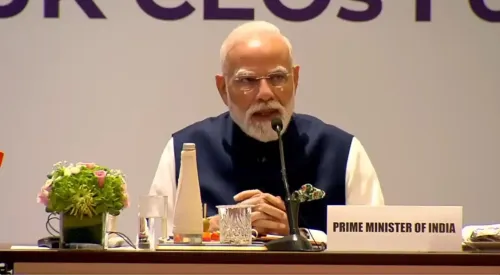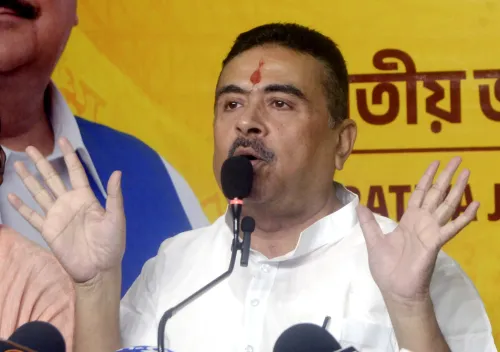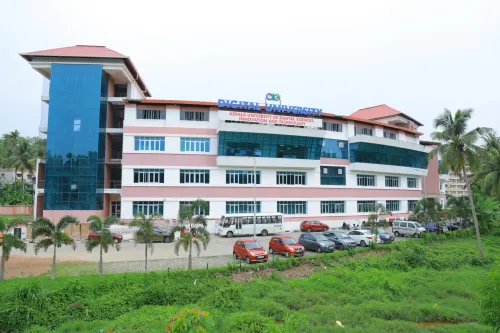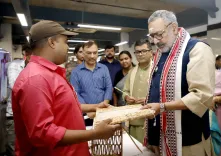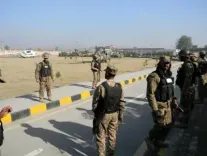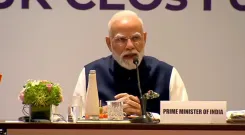Will the Allahabad HC Resolve the Krishna Janmabhoomi–Shahi Idgah Dispute Today?
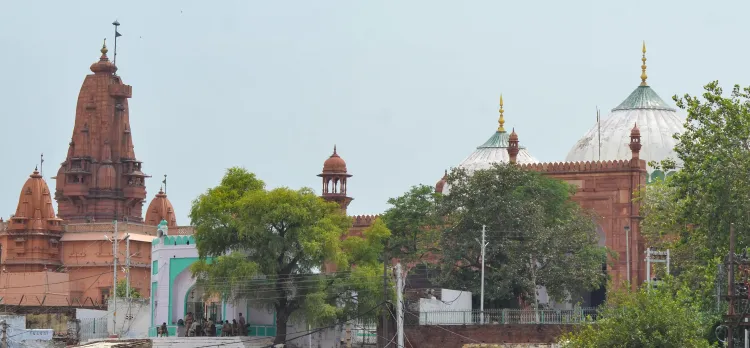
Synopsis
Key Takeaways
- Decades-long dispute between Hindu and Muslim communities.
- Hindu petitioners seek restoration of the original temple.
- August 1 ruling deemed petitions legally valid.
- High Court's decision could impact religious harmony in India.
- Complex legal and cultural implications.
Prayagraj, Oct 9 (NationPress) The Allahabad High Court is preparing to address the long-standing dispute regarding the Krishna Janmabhoomi temple and the nearby Shahi Idgah mosque in Mathura this Thursday. This case has historically been a source of both religious and legal controversy.
Justice Ram Manohar Narain Mishra has organized the hearing following discussions from attorneys representing both Hindu and Muslim communities.
During the session, the court also reviewed various outstanding applications and objections related to the case, highlighting the intricate and layered nature of the dispute.
The heart of the contention revolves around the Shahi Idgah mosque, which was erected during the era of Mughal emperor Aurangzeb.
Some Hindu factions assert that the mosque was constructed on the ruins of an ancient temple marking the birthplace of Lord Krishna.
Hindu petitioners have initiated 18 distinct lawsuits demanding ownership of the disputed area, the demolition of the mosque, the restoration of the original temple, and a permanent injunction against any future alterations to the site.
In a pivotal decision on August 1, 2024, the High Court rejected multiple applications from the Muslim side that questioned the legitimacy of the Hindu worshippers' lawsuits.
The court ruled that the petitions were legitimate and not restricted by any existing laws.
The bench clarified that the claims from the Hindu side did not violate the limitations set by the Limitation Act, the Waqf Act, or the Places of Worship (Special Provisions) Act, 1991 -- legislation that forbids changes to religious sites as they stood on August 15, 1947.
The ruling in August was viewed as a significant triumph for Hindu claimants, essentially enabling their petitions to be considered on their substantive grounds.

